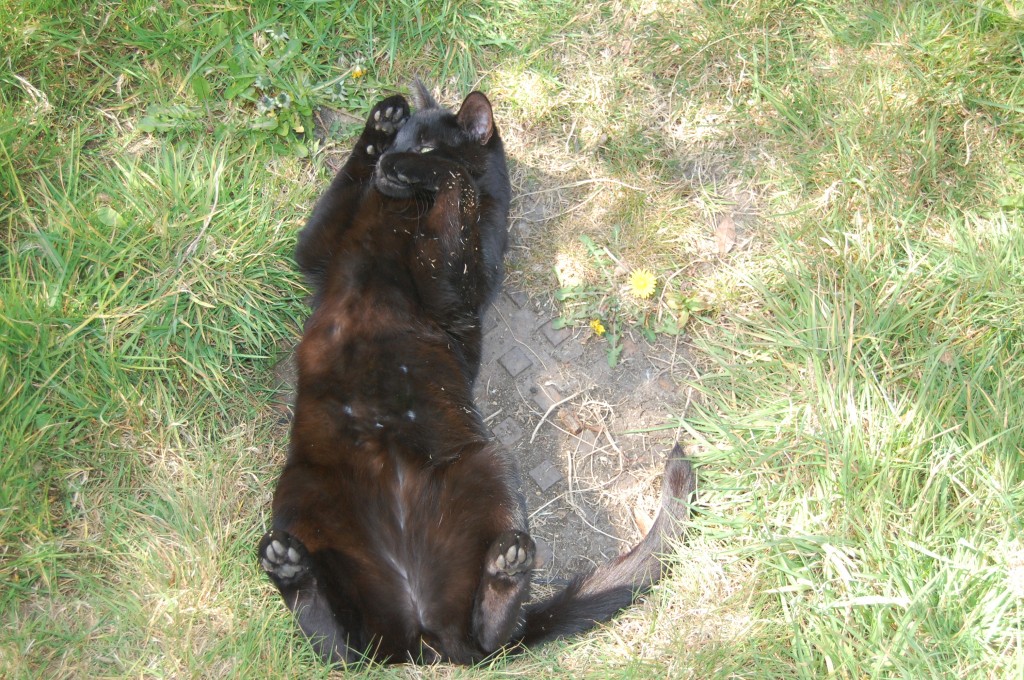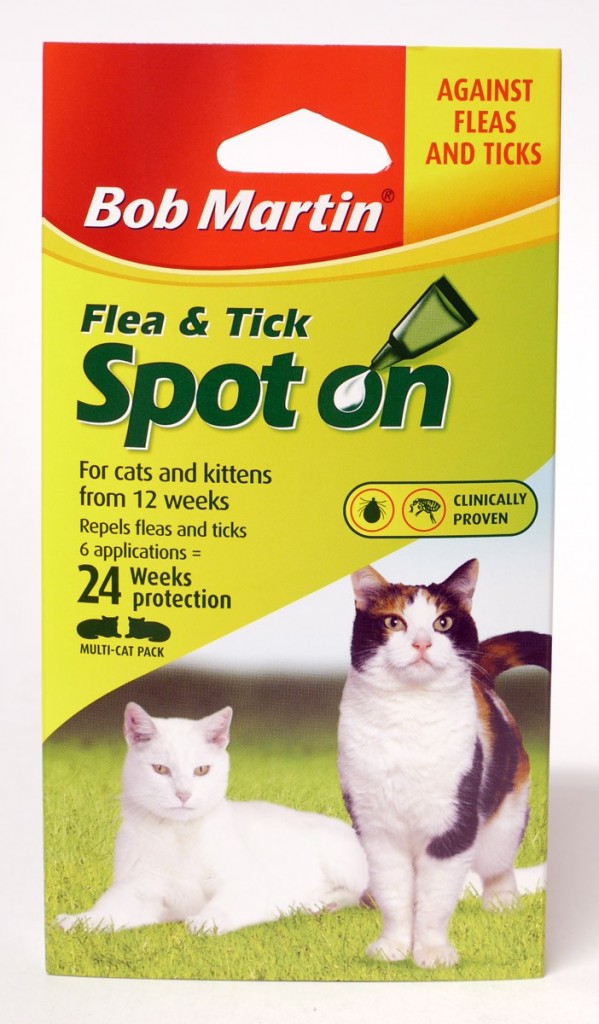£0.00 (0) Cart
Despite what many people think, it does not matter whether yours is a predominantly indoor or outdoor cat; both can get fleas. Of course if a cat spends a lot of time outdoors, which is where fleas and other insects tend to live, then it is more likely to pick them up; but a flea requires food and like any other animal it is happy to go and look for a food source when there is not one to be found in the immediate area.
Fleas are tiny and it is due to their small size that they can easily infiltrate a home through any number of small openings. Fleas are also happy to hitch a ride on people, and will happily latch onto an item of clothing in order to gain access to a home and the animals that live within. Once they have spotted their prey it is not difficult for a flea to make its way onto your pet, as they are able to jump over 100 times their own height allowing them to close a relatively long distance in next to no time.
This can be difficult to imagine, but the common flea is able to cover 33cm (13 inches) in a single horizontal leap or 19.7cm (7.75 inches) in a single vertical bound; this is the equivalent of a 6ft tall human being able to jump 660 feet! Now with this in mind, is it any surprise that a lot of the people who underestimate these little vampires nearly always regret doing so?
Anyway, once a flea has fed it will proceed to lay hundreds upon hundreds of eggs, which will hatch into hundreds upon hundreds of larvae in anywhere between 3 and 10 days. This means that in under 2 weeks, and in some cases less than one, your cat can go from flea-free to flea-infested, and unless steps are taken to prevent it this is a very real danger.

 Unfortunately the best time to strike when it comes to fleas is not before they have fed, but in the intermediary period when they have fed and laid their eggs, but they have yet to hatch. This may be bad news for your cat, as it will mean that it has been fed from, but it shall have its revenge. The trick, so to speak, is to simply vacuum your carpets and any other fabric upholstery regularly, ideally once every three days to be sure.
Unfortunately the best time to strike when it comes to fleas is not before they have fed, but in the intermediary period when they have fed and laid their eggs, but they have yet to hatch. This may be bad news for your cat, as it will mean that it has been fed from, but it shall have its revenge. The trick, so to speak, is to simply vacuum your carpets and any other fabric upholstery regularly, ideally once every three days to be sure.
Vacuuming is a very effective way of preventing fleas from becoming a problem, but don't forget to empty the vacuum each time, as fleas are still able to live, lay eggs and hatch inside the vacuum and will escape to feed at the first given opportunity.
There are also many flea repelling products available that can be used to keep these pests at bay. Flea repelling collars are a very common method of control, the reason being that they really do work and pet owners have come to trust and rely upon them over the years. Other forms of flea control include flea deterring shampoos and sprays that need to be applied on a frequent basis, or you could get hold of a 'Spot-On' protection treatment which can last for around 4 weeks per application.
When an infestation occurs the treatment is two-fold; you need to treat your cat and you need to treat your home. Firstly, to treat your cat you will need to contact your vet who will be able to recommend a course of treatment that will at once kill the fleas and treat the physical symptoms that will undoubtedly be causing your pet a good deal of discomfort. Though less effective than medicinal treatment it is possible to cure the flea infestation from your cat with little more than soap, water and a very very fine flea-comb.
Treating your home is a little more difficult, as you will need to clean the carpet, the furniture, your pet's bed and – though it may not be pleasant to think about why – your bed too. This can be done through the use of aerosolised cleaning products that can be simply sprayed around the home until all blood sucking fiends are dead; the good ones will even prevent eggs that have been laid from hatching.
Knowing which to treat first, the house or the cat, can be very difficult. If you have treated the cat but not the house, then a flea may jump on and re-infest the cat; whereas if you have treated the house but not the cat, a flea may jump off and re-infest the house. If possible you will want to perform a pincer manoeuvre, inasmuch as you'll want to take a 2 pronged approach and carry out both treatments simultaneously so that no jumping between is possible.